Seizure DefinitionA seizure is a sudden, uncontrollable electrical disturbance of the brain that can alter consciousness, behavior, emotions, or movement. Numerous things, such as underlying medical conditions, genetics, head injuries, and drug and alcohol misuse, can result in seizures. Convulsions, shaking, or loss of consciousness may occur during seizures, which range in intensity and duration. Recurrent convulsions are the hallmark of the neurological condition known as epilepsy. Getting medical help if you or someone you know has a seizure is crucial because it could indicate a severe underlying condition. 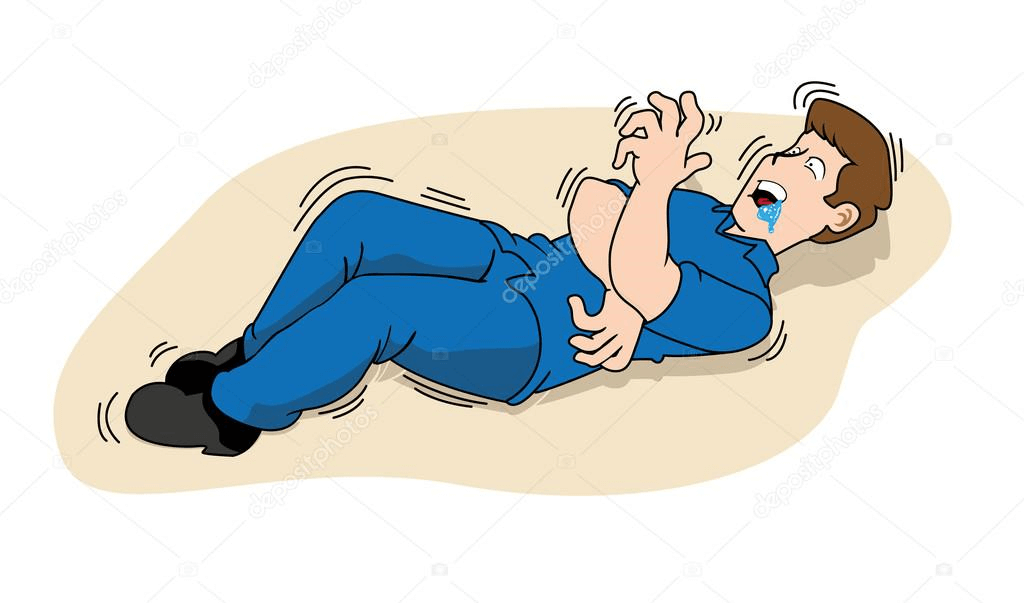
Seizure Disorder:The neurological disease seizure disorder, also referred to as epilepsy, affects the electrical activity of the brain. Recurrent, unprovoked seizures that can differ in severity, frequency, and length define it. Genetic predisposition, head trauma, brain tumors, infections, or developmental disorders are just a few of the causes of epilepsy disorders. There are various seizures kinds, which can impact multiple brain areas and cause various symptoms. Tonic-clonic seizures (previously known as grand mal seizures), absence seizures (previously known as petit mal seizures), and complex partial seizures are a few common kinds of seizures. Every seizure type has a distinctive set of symptoms and may call for a different course of therapy. A comprehensive medical examination, including a neurological exam and various tests like an EEG (electroencephalogram) and an MRI, is usually required to diagnose seizure disorder. (magnetic resonance imaging). Medication, surgery, or a mix of the two may be used to treat seizure disorders. Treatment aims to lessen seizure incidence and severity while enhancing the quality of life for those with seizure disorders. Living with a seizure condition can be difficult because it can make doing simple tasks like driving or working difficult. However, with the right care and management, many people with seizure disorders can live satisfying and normal lives. Working closely with their medical professionals and taking precautions to lower the risk of seizure triggers like stress, lack of sleep, or alcohol intake is essential for people with seizure disorders. Epilepsy:Recurrent seizures are a side effect of epilepsy, a neurological condition that affects the brain's electrical activity. Seizures are abrupt, uncontrollable electrical disruptions in the brain that can alter awareness, movement, and behavior. Genetic predisposition, head trauma, brain tumors, infections, or developmental abnormalities are just a few of the causes of epilepsy. The cause of epilepsy, however, is frequently unclear. Each type of seizure in epilepsy can result in a distinct set of symptoms. Tonic-clonic seizures (previously known as grand mal seizures), absence seizures (previously known as petit mal seizures), and complex partial seizures are a few common kinds of seizures. A comprehensive medical examination, typically includes a neurological exam, medical history, and various tests like an EEG (electroencephalogram) and an MRI, is required to diagnose epilepsy. Epilepsy can be treated with medication, surgery, or a mix. Treatment aims to lessen seizure frequency and intensity while enhancing the quality of life for those with epilepsy. Being a person with epilepsy can be difficult because it can make it difficult to drive or work. However, with the right care and management, many people with epilepsy can live satisfying and normal lives. Working closely with their medical professionals and taking precautions to lower the risk of seizure triggers like stress, lack of sleep, or alcohol intake is essential for people with epilepsy. About 50 million people worldwide have epilepsy, making it a reasonably common condition. Although it can happen at any age, it is typically identified in young children or adolescents. Since epilepsy is a chronic disease, most people will need ongoing care and management. However, people with epilepsy can lead fulfilling lives if they receive the right assistance and care. Neurological Disorder:An illness known as a neurological disease affects the nervous system, which comprises the brain, spinal cord, and various body nerves. The nervous system's ability to operate can be impacted by these disorders, which can cause multiple symptoms and impairments. Neurological disorders come in a wide variety, each with a distinct collection of symptoms and causes. 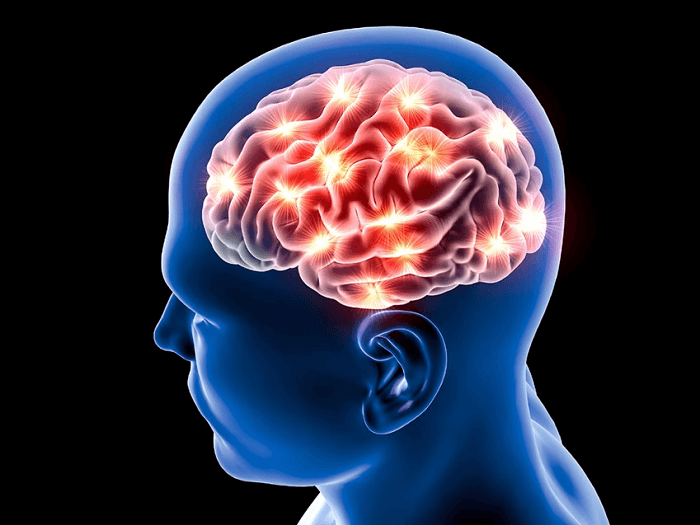
Alzheimer's disease, Parkinson's disease, multiple sclerosis, seizures, and migraines are typical neurological conditions. Genetics, infections, brain injuries, exposure to toxins, or autoimmune disorders are just a few causes of neurological diseases. A neurological disease occasionally has no known reason. Neurological disorder symptoms can differ greatly depending on the specific disorder and the part of the nervous system that is affected. Muscle weakness or spasms, tremors, numbness or tingling, trouble speaking or swallowing, memory loss or confusion, and changes in mood or behavior are typical signs of neurological disorders. A thorough medical examination, including a neurological exam and various tests like imaging scans, blood tests, or nerve conduction studies, is usually required to diagnose a neurological disorder. Neurological disorders may be treated with medication, surgery, or other therapies to reduce symptoms and enhance the quality of life. Living with a neurological disorder can be difficult because these illnesses can interfere with everyday activities and sometimes call for ongoing care and management. However, many people with neurological disorders can live fulfilling lives with the right assistance and respect. People with neurological disorders must collaborate closely with their medical professionals, control their symptoms, and take action to enhance their general health and well-being. Convulsions:Convulsions are abrupt, involuntary muscular contractions or movements that can cause bodily jerking or shaking. Seizures, which are brought on by aberrant electrical activity in the brain, frequently come with convulsions. Convulsions, loss of awareness, behavioral changes, and sensory disturbances are just a few of the symptoms that can occur during a seizure, which is brought on by a disruption in the brain's regular electrical activity. Numerous conditions, such as epilepsy, head trauma, brain tumors, infections, or abstinence from drugs and alcohol, can result in seizures. 
Medical illnesses or injuries, such as a high fever, brain damage, or heat stroke, can also cause convulsions. Drugs or other substances can occasionally bring on upheavals. The underlying reason for disruptions determines how to treat them. Medication may be given in seizure cases to aid in control and prevention. Cooling measures may be used to lower the body temperature in high fever or heat stroke instances. If drugs or other substances are the sources of convulsions, they may need to be stopped taking them or adjusted. These episodes can be unpredictable and interfere with everyday activities, so living with convulsions can be difficult. However, many people who experience convulsions can lead regular, satisfying lives with the right care and management. Working closely with their medical professionals and taking precautions to lower the risk of triggers, such as stress, lack of sleep, or alcohol use, are essential for people who experience convulsions. Loss of Consciousness:A brief loss of awareness or responsiveness to the surroundings is a loss of consciousness. Numerous things can contribute to it, such as diseases, medications, trauma, and environmental variables. Seizures, fainting spells, heart problems, and low blood sugar are prevalent medical conditions that can make a person lose consciousness. Some drugs, including sedatives and tranquilizers, can also bring on a loss of awareness. Failure of consciousness can also result from head or body trauma, such as that caused by a fall or auto mishap. 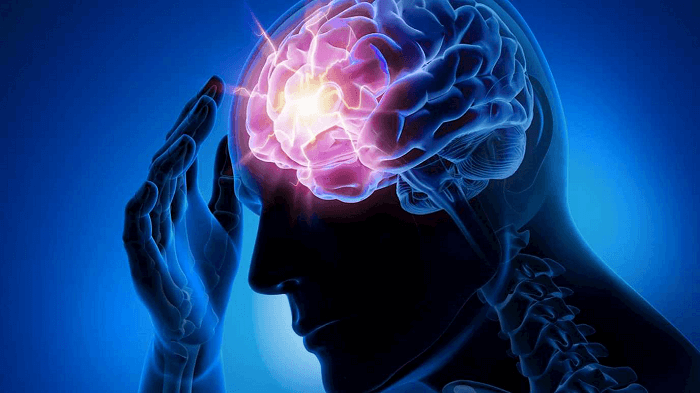
A person who is losing consciousness may appear to be asleep or unresponsive. Depending on the reason, they could also have other symptoms like convulsions, twitching muscles, or confusion. The underlying cause for a loss of consciousness will determine how it is treated. For instance, if a medical condition like epilepsy is to blame for losing consciousness, medication may be given to help avoid seizures. If a heart problem is to blame for losing consciousness, a pacemaker or other medical device may be implanted to control the heart's rhythm. By recognizing and avoiding triggers, such as tension, dehydration, or alcohol use, loss of consciousness may occasionally be avoided. People who have lost consciousness must work closely with their medical professionals to determine the underlying reason and to create a management strategy for the condition. Uncontrolled Electrical DisturbanceAbnormal electrical activity in the body, especially in the brain or heart, is an uncontrolled electrical disturbance. This type of activity can lead to various complaints and health issues. Seizures or epilepsy, characterized by sudden and uncontrollable electrical activity in the brain and can cause a wide variety of symptoms, including convulsions, loss of consciousness, and sensory disturbances, are caused by unchecked electrical disorders. Rampant electrical activity in the heart can result in arrhythmias, or irregular heartbeats, which can cause chest pain, dizziness, and, in extreme instances, cardiac arrest. 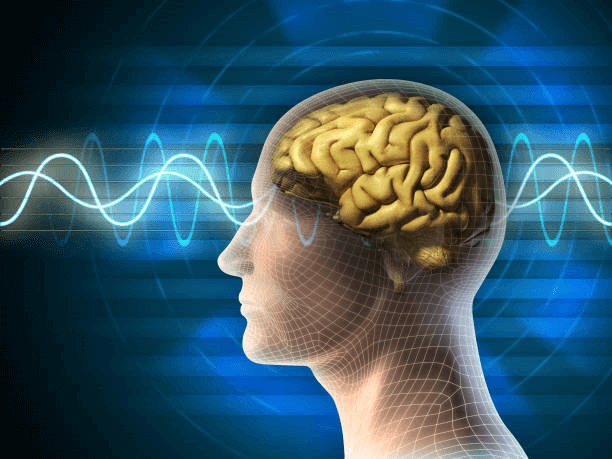
Numerous things, such as genetics, head trauma, infections, brain tumors, and exposure to toxins or medications, can result in uncontrollable electrical disturbances. The source of the electrical trouble might only sometimes be known. The underlying reason and the seriousness of the symptoms will determine the best course of treatment for uncontrolled electrical disturbances. Medication may be prescribed for epilepsy or seizures to help control and stop seizures from happening. Arrhythmias can be treated with drugs or medical equipment like pacemakers to control the heart's rhythm. Living with uncontrolled electrical disturbances can be difficult because they can interfere with everyday activities and possibly call for ongoing care and management. People who experience uncontrollable electrical disorders must work closely with their medical professionals, handle their symptoms, and take precautions to avoid triggers like stress, lack of sleep, or alcohol use. Brain Activity:The electrical and chemical activities in the brain, which regulate all bodily functions and actions, are referred to as brain activity. The brain comprises billions of neurons, or nerve cells, which exchange electrical and chemical messages with one another. These impulses convey data between various brain regions and between the brain and the rest of the body. All bodily processes, including movement, sensation, perception, emotion, thought, and consciousness, depend on brain activity. Distinct parts of the brain are in charge of different tasks, and various patterns of brain activity are linked to mixed emotions and actions. Measuring brain activity is crucial for a better knowledge of how the brain functions as well as for the diagnosis and treatment of a variety of neurological and psychiatric disorders. Electroencephalography (EEG), functional magnetic resonance imaging (fMRI), and positron emission tomography are some methods used to measure brain activity. (PET). These methods can spot unusual brain activity patterns linked to epilepsy, stroke, Parkinson's disease, and melancholy. All of our physical and mental functions are controlled by brain activity, which is brain cells' intricate and coordinated action. Its study will help us better comprehend how the brain functions and diagnose and treat neurological and psychiatric disorders. Types of Seizures:Seizures are bursts of aberrant brain electrical activity that can result in a variety of symptoms. Despite the fact that there are several varieties of seizures, they can generally be divided into two major categories: focal (partial) seizures and generalized seizures. 1. Focal (partial) Seizures:Simple Focal Seizures: These seizures do not result in unconsciousness and only impact one area of the brain. Jerking motions, sensory changes, or emotional shifts are examples of symptoms. Complex Focal Seizures: These convulsions, which also only impact a single region of the brain, can result in unconsciousness or impaired awareness. Repetitive motions, confusion, or hallucinations are just a few symptoms. 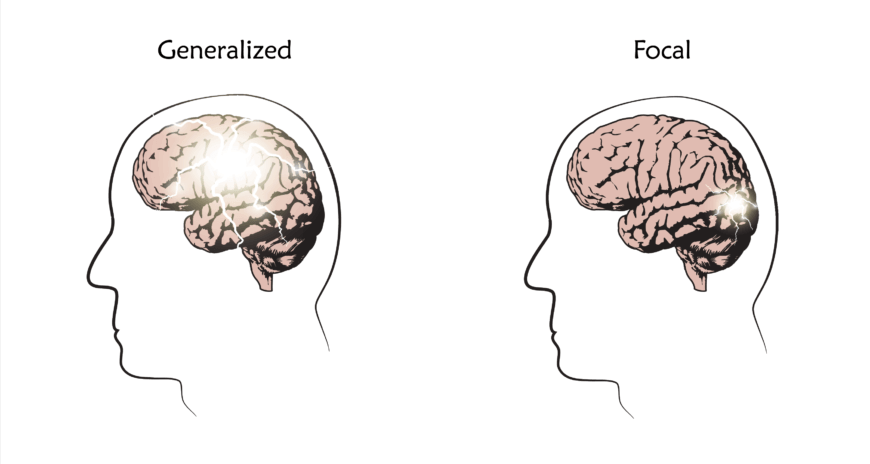
2. Generalized Seizures:Absence Seizures: Children are most frequently affected by these seizures, also known as petit mal seizures. They entail the momentary loss of awareness that may resemble staring spells. Tonic-Clonic Seizures: Muscle rigidity, erratic muscle contractions, and loss of consciousness are all symptoms of these seizures. Other names for them include grand mal seizures. Myoclonic Seizures: These seizures cause abrupt, fleeting jerks or twitches of the muscles. Clonic Seizures: Muscles in these convulsions contract and relax repeatedly and in a pattern. Tonic Seizures: The body may stiffen or fall as a result of these protracted muscular contraction seizures. Atonic Seizures: These seizures cause an abrupt decrease in muscle tone, which makes the sufferer pass out or fall. Other names for them include drop attacks. Causes of Seizures:There are many different things that might trigger seizures. Several typical reasons for seizures include: 1. Epilepsy: Recurrent seizures are a neurological disease known as epilepsy. It is the primary reason for seizures. 2. Brain Injury: Seizures may be brought on by a stroke, brain tumor, traumatic brain injury, or another form of brain damage. 3. Infections: Seizures can be brought on by infections of the brain or its surrounding tissues, such as meningitis, encephalitis, or abscesses. 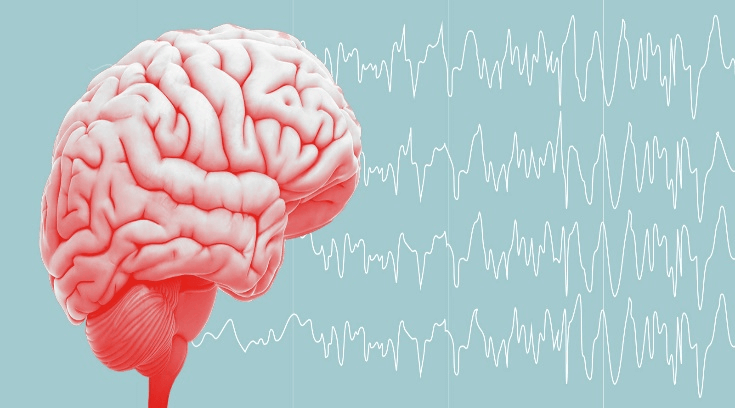
4. Metabolic Disorders: Disorders that interfere with the body's metabolism, like hypoglycemia, hyperglycemia, or electrolyte imbalances, might result in seizures. 5. Genetic Factors: Some genetic conditions, like tuberous sclerosis, can make seizures more likely. 6. Drug or Alcohol Withdrawal: Seizures can occur when someone abruptly stops using certain medicines or alcohol. 7. Environmental Factors: Seizures can be brought on by poisons or toxins like lead or carbon monoxide. 8. Other Medical Conditions: Other medical diseases like heart disease, renal or liver failure, or autoimmune disorders can also trigger seizures. For seizures to be effectively treated and managed, it is crucial to identify their underlying aetiology. Seizure Treatment Options:The kind and cause of the seizures determine the available seizure therapy choices. Typical forms of treatment include: 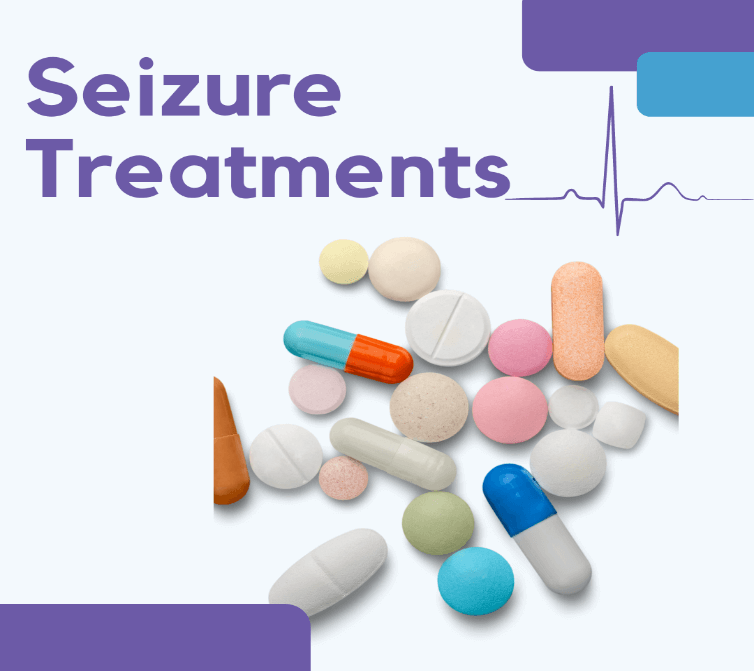
1. Medications: The most popular kind of treatment for seizures is antiepileptic medication (AED). These drugs can lessen the frequency and intensity of seizures or help prevent them altogether. 2. Surgery: Surgery may be an option to treat seizures in some circumstances. This can entail surgically removing a portion of the brain that is generating seizures or implanting a gadget that controls brain activity. 3. Vagus Nerve Stimulation (VNS): A device that provides electrical impulses to the brain to help regulate seizures is implanted as part of the VNS therapy option. 4. Ketogenic Diet: Some persons with epilepsy may benefit from a high-fat, low-carb diet, particularly kids who don't respond well to medication. 5. Lifestyle Changes: Reducing the likelihood of seizure triggers, such as lack of sleep or stress, can help decrease the frequency of seizures. A good diet and consistent exercise may also be helpful. The ideal seizure treatment should be decided in collaboration with a medical expert. Depending on how a patient responds to therapy, treatment may need to be modified over time. Conclusion:A frequent neurological condition known as seizures is characterized by unregulated electrical activity in the brain. Numerous things, such as epilepsy, head trauma, brain inflammation or infection, brain tumors, strokes, metabolic disturbances, drug or alcohol withdrawal, and environmental variables, can cause them. Medication, surgery, vagus nerve stimulation, the ketogenic diet, and behavioral changes can all be used to treat seizures. To create a specialized treatment plan, it is crucial for people who have seizures to consult with their medical professionals frequently. People with seizures can successfully control their symptoms and live full, productive lives with the right management.
Next TopicSexes Definition
|
 For Videos Join Our Youtube Channel: Join Now
For Videos Join Our Youtube Channel: Join Now
Feedback
- Send your Feedback to [email protected]
Help Others, Please Share










